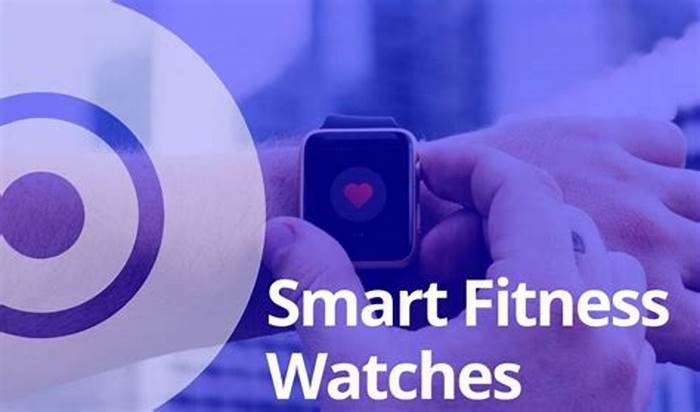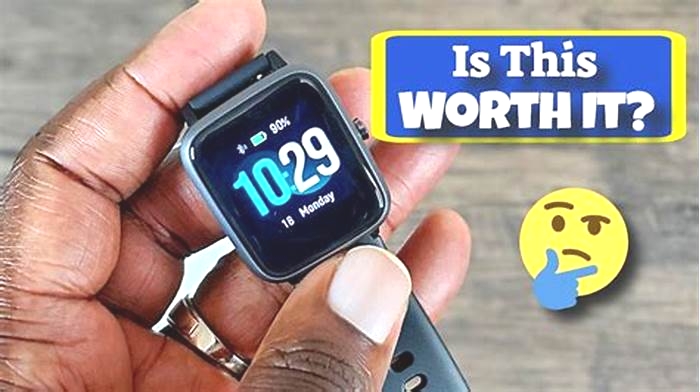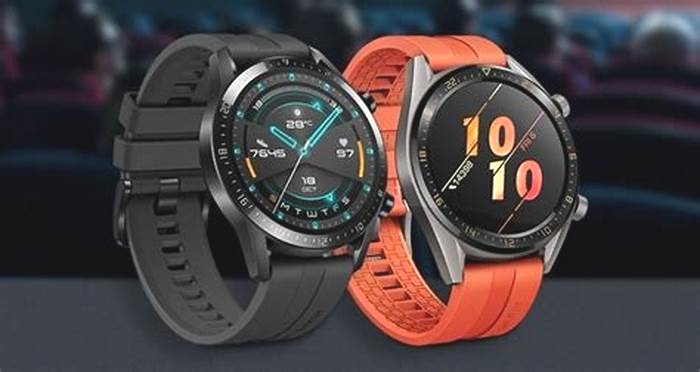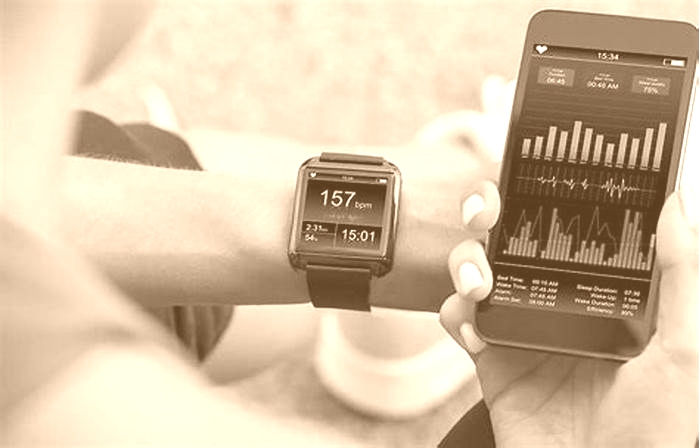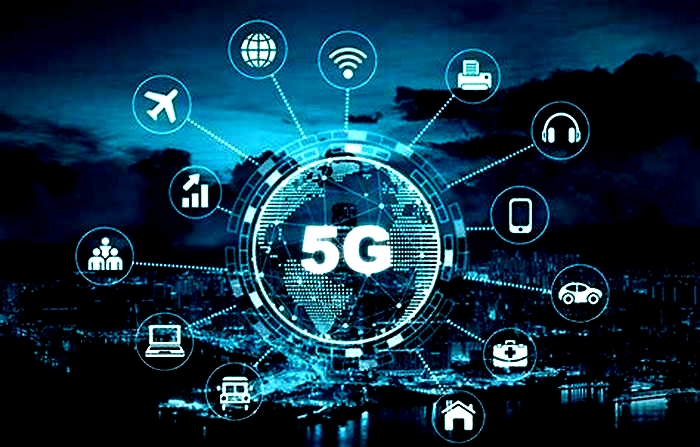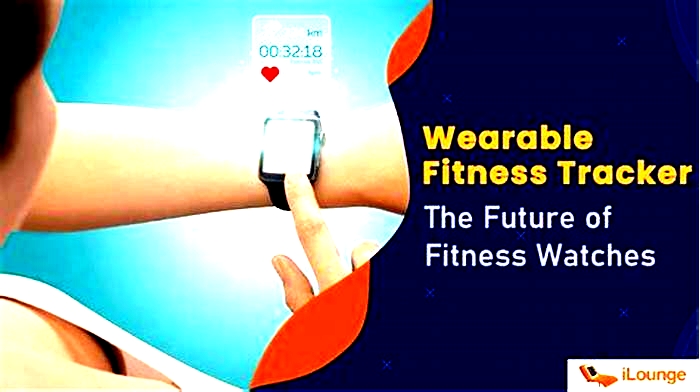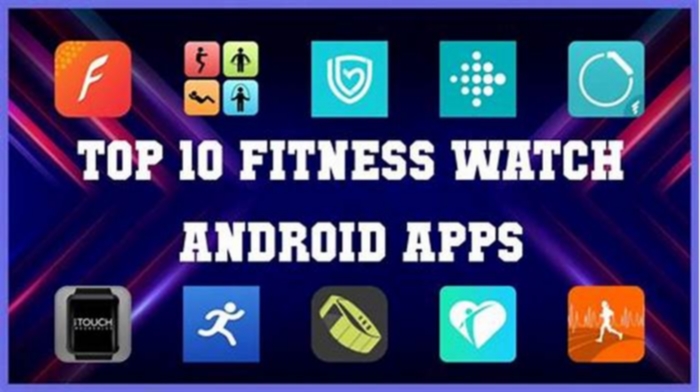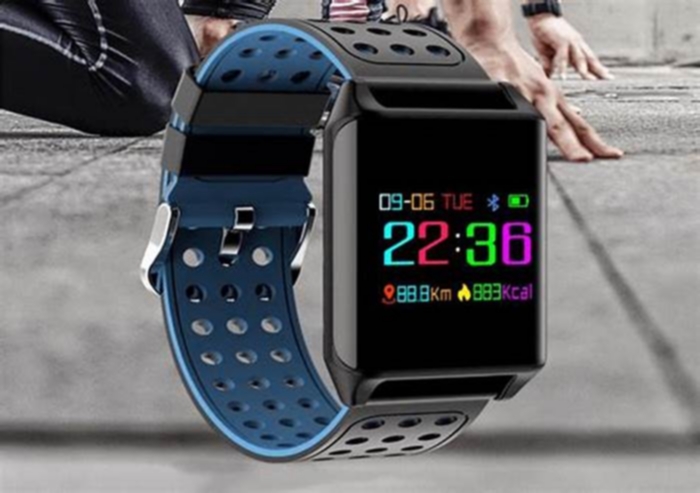How Smartwatches Can Help You Reach Your Fitness Goals Faster
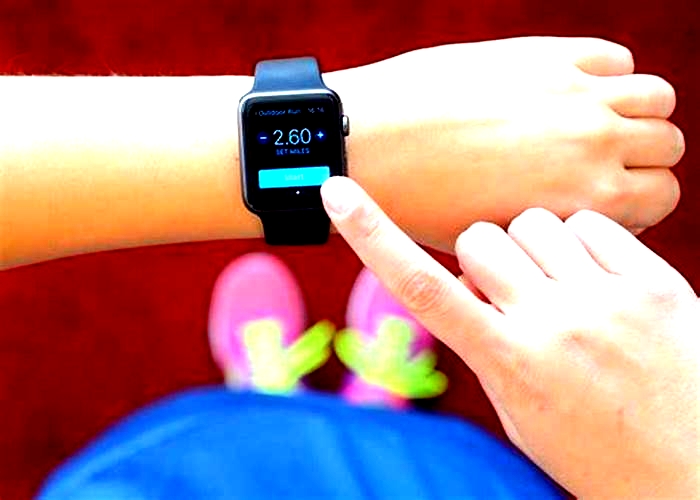
How Fitbit Wants AI to Help You Reach Your Fitness Goals
Anyone who exercises regularly -- or at least tries to -- knows that every day is different. After an exhausting work trip, for example, you probably aren't as ready for a workout as you would be after getting plenty of sleep over the weekend. Or perhaps you had a particularly intense day at the gym on Monday and still aren't fully recovered by Wednesday.
Google's Fitbit is hoping AI can help with scenarios like these as it explores bringing the buzzy technology to its fitness app. Fitbit co-founder James Park, who is leaving the company due to a reorganization of Google's hardware division, introduced this idea October by announcing Fitbit Labs. The upcoming program will use AI to provide deeper health insights, such as answering questions about why your run may have been harder today than it was yesterday. But Ajay Surie, group product manager at Google, shared additional details about how generative AI will influence the Fitbit app more broadly.
Read more: Samsung's Galaxy S24 Ultra Could Be Doing So Much More With AI
According to Surie, the company is looking at how generative AI can be used for providing personalized activity and exercise recommendations that are specific to the actual user. It's another signal that tech giants are looking for ways to infuse generative AI, or AI that can answer questions or create content when prompted after being trained on data, into the tech gadgets we use everyday.
"We also see a huge potential for AI to help us drive the right recommendations for the goals you want to set," he said. "Because one of the biggest problems that we see in health, and I have this problem too, is getting users to stay focused and sticking with what they're trying to achieve."
Watch this: 2023's Top Smartwatches and Wearables of the Year
Surie referenced exercise goals as a potential example. The World Health Organization recommends that adults get 150 minutes of physical activity each week. But that can be challenging for those who are new to exercise, while experienced athletes may need a higher goal. He sees "huge potential" in AI to help set the right targets.
"We want to help people keep track of their goals and stay on track, but also adjust their goals where relevant," he said.
Another possible example involves taking a user's current state into account when making recommendations or providing advice. That would mean being able to tailor daily guidance based on the amount of sleep you've had recently or whether you've been sick. Or it could mean providing tips for maintaining a training regimen even when you've had a bad rest day. However, these are just examples meant to illustrate the types of features Fitbit hopes to eventually provide.
"Those are the types of things we'd like to do over time," Surie said. "This is our vision, and it's going to take time to get there."
Part of why Fitbit redesigned its app last year was to set the stage for Fitbit Labs by making the app more customizable and personal. The Today tab, for example, now has a specific "focus," which is essentially a group of statistics that sit near the top of the screen for prioritizing specific goals, like being more active or sleeping better.
But many longtime Fitbit users felt the redesign hampered rather than helped their fitness ambitions. Following the new app's debut in the fall, Fitbit's community forums were filled with negative comments from users about how the new look made it hard to find certain metrics or export data among other issues. Fitbit also removed beloved social features like challenges and groups last year.
Fitbit addressed certain complaints by re-adding some missing features, like the battery percentage for a connected Fitbit device in the Today tab and step streak counts in the iOS app. But new user complaints are still surfacing, with comments as recent as early February present in the Fitbit community forum at the time of writing.
"The process the team followed was, we wanted to really react as quickly as we could," Surie said when asked about how the Fitbit team handled the feedback about the redesign. "So we engage quite heavily with the community of users in our forums to sort of listen to their feedback, try to give them a sense of what we were going to do and then follow up as quickly as we could in terms of getting things turned around."
Read more: Google VP: Here's How AI Will Slowly But Surely Take Over Your Phone
Fitbit's ambitions are another sign that generative AI is making its way to health tracking gadgets, following the technology's influence on smartphones, productivity software and search engines. Apple, for example, is rumored to be developing an AI-powered health coach that could provide suggestions based on Apple Watch data, according to Bloomberg. Samsung is also considering creating some type of virtual assistant that can help users navigate health data in the Samsung Health app.
"We think the concept of a digital system that helps you to navigate and understand the context and navigate them to solutions are going to be necessary," Hon Pak, vice president and head of the digital health team for the mobile experience business at Samsung Electronics, said in a previous CNET interview. "And what form factor that's going to be is to be determined. And it may vary based on person to person, right? Some people just probably want audio; some people want a video on the TV."
Fitbit Labs will be available only for Premium subscribers when it eventually launches in 2024. Surie couldn't say whether that will always be the case, but he did mention that the company will evaluate which features should scale beyond the paywall on a case-by-case basis. The goal behind Fitbit Labs is to test certain features and collect feedback from users before rolling them out widely, potentially providing a glimpse into Fitbit's future.
"Throughout this, we obviously want to make sure that we do this responsibly, especially in the health space," Surie said. "It's one thing to go to Netflix and watch a bad movie. And it's a totally other thing to get a recommendation that is relevant to health and get inaccurate advice."
Editors' note: CNET is using an AI engine to help create some stories. For more, seethis post.
5 Ways to Reach Your Fitness Goals Faster
We all want to reach our fitness goals, right? But the truth is that theres no one size fits all formula when it comes to crushing those fitness goals. Everybody is different literally. However, there are ways to supercharge those fitness results that can be tailored to our own personalities.
Here are five ways to reach your fitness goals faster, with helper hacks from FitOn trainer Christine Bullock.
5 Hacks to Reach Fitness Goals Faster

#1 Be Consistent
Fitness results take time, but how you reach your fitness goals all depends on a very simple factor: consistency. When were goal-oriented and set our sights on the long-term results, were more inclined to see the bigger picture. Sure, its normal to get distracted from time to time, but the only way to reach our fitness goals is to consistently work towards it.
FitOn trainer Christine Bullock recommends working out 4 to 5 days a week. The best way to do this is to create a schedule ahead of time and stick to it. When creating a schedule, there are few things to keep in mind:
- Your fitness schedule can be at different times of the day.
- You can change up how long you work out for.
- You can break it up by scheduling a break day in between, rather than back to back.
However, if youre having a hard time remaining consistent in the beginning, it is recommended to stick to the same time and the same days. But dont feel obligated. After all, youre doing this for you and no one else.
#2 Do More Of What You Love
When it comes to seeing fitness results, consider doing more of what you love. And, the beauty of FitOn is that there is a workout for everyone. From no equipment necessary to weight training from your at-home gym, you can tap into the variety of workouts from all the different trainers on FitOn. So, in the words of Bullock switch it up!
When we do more of what we enjoy, we may be more likely to stick to it. Thats why a great tip on how to reach your fitness goals faster is to simply do more of what you already enjoy, and dont feel guilty about it. Indulge in your Pilates, your HIIT workouts, that dance class become completely invigorated by toning up. Dive into your not-so-guilty pleasure, and before you know it, youll be seeing results without trying.
#3 Increase Intensity
Working out longer doesnt always help you see fitness results faster. Surprisingly, a shorter workout can actually help you see results faster if you increase intensity.
HIIT workouts are great to include in your fitness routine because they provide just that, bursts of intensity in a shorter timeframe. Heres how:
- It burns more calories in less time
- Your metabolism remains higher for longer
- It aids in fat loss
Another way to increase intensity is to add more weight if you have that option at home.
#4 Focus On Recovery
Taking time to fully recover will lead to much better results. This isnt a sprint to the finish line; reaching your fitness goals takes time. Bullock points out that the higher your metabolism, the more muscle tone youre creating, and that leads to more caloric burn on those off days. So its important to incorporate rest as part of your workout routine, both physical and mental.
Some ways to do this are:
- Use a foam roller to stretch out your body and aid in muscle recovery
- Get a massage or take a nice relaxing bath or shower
- Head to a nearby park and get some fresh air
#5 Eat For Nutrition
Bullocks fourth suggestion is, dont get caught on calories, and eat for nutrition, eat for your energy.
When our metabolism increases, so does our appetite. Its not only normal, but its needed, you just burn off some major calories! Rather than fill up on food thats processed, fuel your body with the nutrients it really needs: think fish, leafy greens, nuts, and seeds, and fruit these are all delicious and loaded with nutrition.
Listen to your body and fuel it with the proper foods. Not only will the right food fill you up longer, but it will help you reach your fitness goals faster. The less processed our food is, the easier it is for the body to break it down and turn those calories into energy youll need later.
Be Optimistic It Takes Time
Its natural to have off days days when wed rather sit on the couch and watch movies. But dont get down on yourself, and, especially, dont compare your goals to anyone elses. The beautiful thing about a fitness journey is the journey itself. Its about overcoming obstacles, accomplishing small successes, and watching ourselves transform into the best version of who we can be. It takes dedication and patience. But if the goals were easy, we wouldnt appreciate the results. As you work towards reaching your fitness goals, stay positive, and take it one day at a time.
Related
8 Best Smartwatches, According to Fitness Experts
Smartwatches can help you track your fitness goals, encourage you to incorporate more movement into your daily routine, keep you connected with communication capabilities right on your wrist, and allow you to celebrate milestones along the way. But not all of them are created equal, and if youre shelling out the big bucks for this specialized device, its wise to weigh your options carefully. We tapped fitness experts to learn what to look for in a smartwatch and the best brands to consider.
How to choose a smartwatch
A smartwatch is a device that tracks your movements and workouts and also connects to your smartphone, allowing you to text, call, and use third-party apps from your wrist. Smartwatches are similar to fitness trackers, but they offer more features given their ability to sync with your phone. If youre interested in trying one out, keep the following factors in mind when determining which device is right for you.
Compatibility: Youll want to make sure your watch is compatible with whatever smartphone you have so that you can effectively sync the two devices.
Intended use: Your health and wellness goals will influence which wearable is best for you. For example, if your main focus is training for a half marathon, youll probably want a watch with GPS capabilities, a good battery life, and heart rate tracking, Kaila DeRienzo, CPT, a certified run coach in South Carolina, tells SELF. If youre an avid swimmer or diver, youd likely gravitate toward a waterproof watch that tracks metrics like water temperature and depth. If youre simply looking to incorporate more movement into your day-to-day life, a watch that keeps tab on the basics like step count and exercise minutes may be all you need. And if you want something that tracks your workouts and provides text and calling options even when your phone isnt nearby, then consider a watch with cellular capabilities.
Ultimately, it comes down to what kind of athlete you are, what kind of training you like to do, and what you do on a daily basis, Teddy Savage, CPT, a national lead trainer for Planet Fitness in Baltimore, tells SELF.
Style: Though aesthetics arent everything, they do play a role when selecting a smartwatch. For instance, if you have smaller wrists, you may feel more inclined to wear one that doesnt feel too bulky, Savage says. Beyond that, it really comes down to personal style preferences, and factors like customizable watch bands and color can help you find one that fits with you.
Accuracy: Since watch data can help guide training decisions, you want a device that provides accurate measurements. For instance, you may opt to slow your pace on a run based on heart rate metrics or squeeze in another walk after work depending on your current step count tally.
Battery life: Long-lasting battery life reduces the chance of your watch dying mid-workout and helps consistently track your progress. Keep in mind: Smartwatches tend to have shorter battery lives compared to regular fitness trackers, so be prepared to charge them more regularly.
The Best Smartwatches
Based on expert recommendations, SELF Certified reviews, and happy shoppers, here are the best smartwatches to support all your exercise goals with specs on water resistance, GPS tracking, and battery life.

